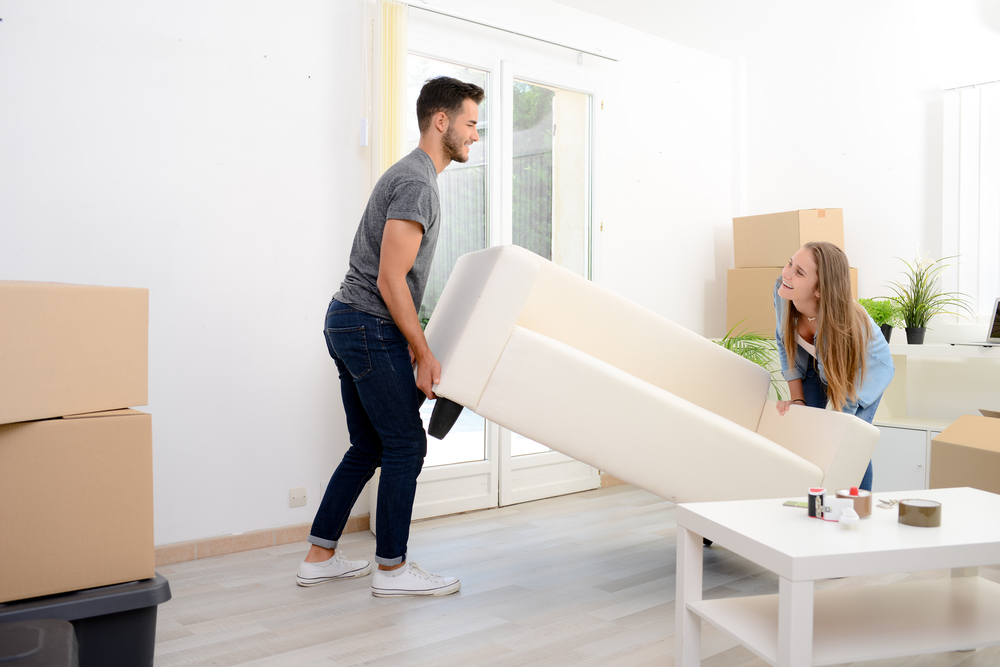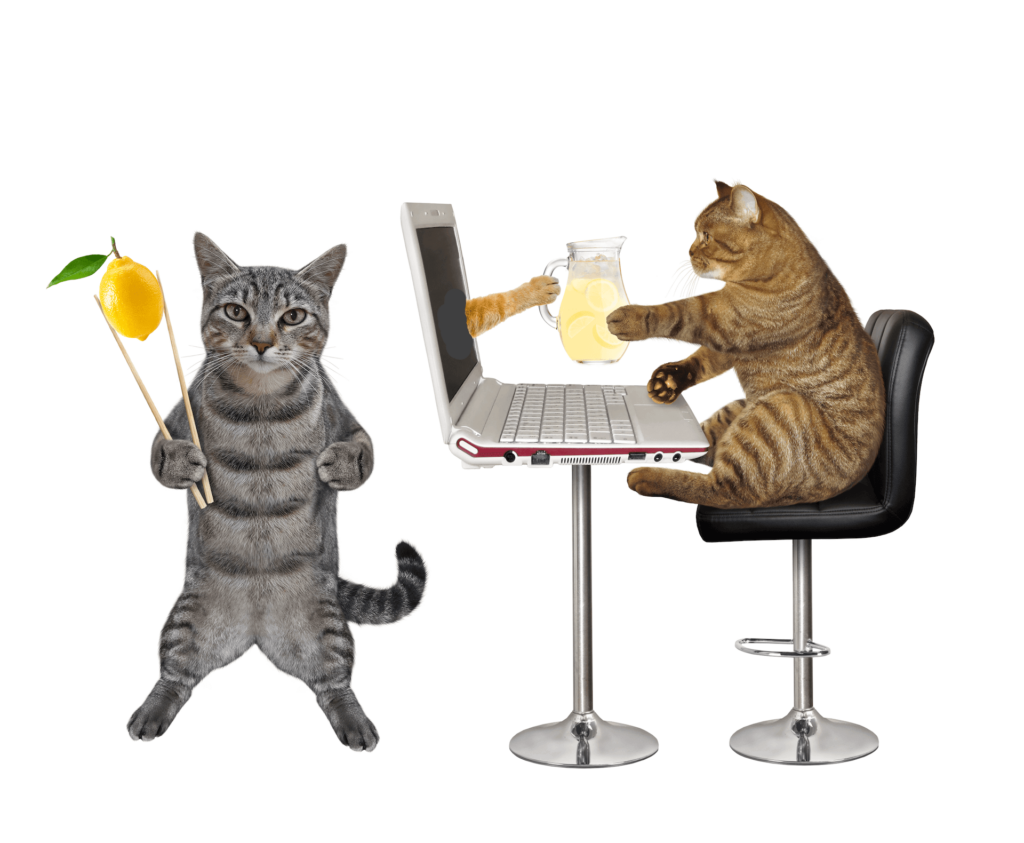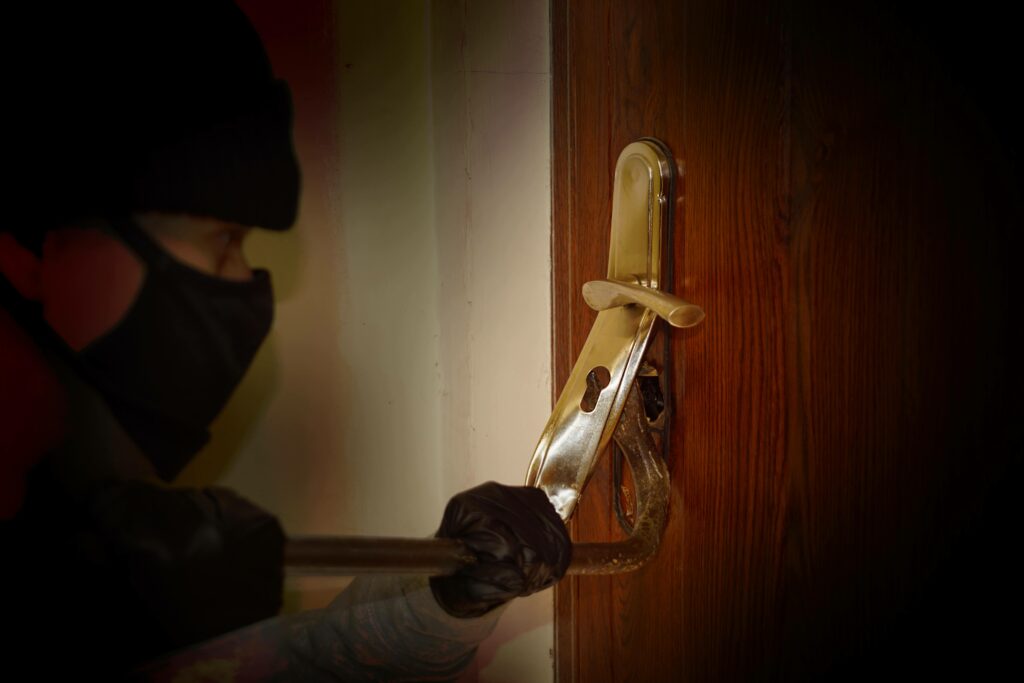Everyone has a varying standard of cleaning. For some, grabbing their clothes off the bedroom floor is cleaning, while for others, cleaning means getting on your hands and knees to scrub the dirt out of the grout in the kitchen backsplash. While everyone’s definition of cleaning varies, there are noticeable discrepancies among cleaning, sanitizing, and disinfecting. The definitions of each are put in place by the Centers for Disease Control (CDC) and articulate the level of contamination still on a surface after treating it.
So What Does “Cleaning” Mean Then?
Cleaning, by definition, is the act of removing grime and dirt in the visual field. While organizing is commonly misinterpreted as cleaning, the act of dusting is a better example of cleaning. Cleaning only utilizes soap and water or a soft-cleaning product to get rid of germs and dirt that are on a surface. Routine cleaning will usually be unable to eliminate every germ on a surface, however it will decrease their numbers, which makes it difficult for the germ to continue spreading.
Okay, if that’s Cleaning, Then What Is Sanitizing?
Sanitizing is defined as decreasing the number of toxic bacteria, viruses, and fungi. When a cleaning product or chemical states it is a sanitizer, the company is trying to tell the consumer that while the product will eliminate germs that are bad to human health, it will not eliminate all of the germs. Sanitizing products should be used in areas where food is prepared as many germs are born and will try to live in these areas. Heat is an excellent tool that can harnessed to kill bacteria, and if you own a dishwasher, there is usually a steam sanitizer setting making it a breeze to sanitize kitchen utensils and dishes.
So if Sanitizing Still Leaves Germs Behind, What Does Disinfecting Do?
Disinfecting is the most intensive out of all these. Disinfecting a surface means that all microscopic organisms will be killed off. Should you find yourself needing to disinfect a surface or area, use EPA-approved chemical disinfectants or UV-C light. These methods will damage the bacteria’s DNA which will not allow them to reproduce. While disinfecting will kill off all bacteria, it will not remove the visible dirt and grime; before you disinfect a service, it is important to clean the surface, that way you are making the surface clean and disinfected, not just a disinfected dirty surface, which kind of sounds like an oxymoron.
This is Informative and All, But Which One Should Be Used?
All three should be used for each of their individual circumstances; however, humans tend to do the most cleaning. Cleaning should be performed regularly, some rooms and areas daily, other tasks once a week. Cleaning your apartment is vital to keeping it looking appealing and preventing the spread of germs and inviting ants or mice into your unit. Sanitizing should be performed to stay healthy. Sanitizing should be performed often in communal areas as well as on high-touch areas, such as countertops, light switches, remotes, and doorknobs. Bedspreads and clothing should be sanitized with the sanitize setting on your washer. Disinfecting is needed when you or your roommate falls ill or if someone has a weakened immune system. For a disinfecting product to work, the instructions need to be followed correctly.
Tips for Proper Cleaning, Sanitizing and Disinfecting
Now that you know what separates cleaning, sanitizing, and disinfecting, it is time to put their uses into effect. The best thing you can do for your apartment is clean regularly. Make cleaning a staple in your weekly regiment, clean your entire apartment at least once a week, and clean the dirtier areas, such as the bathroom or kitchen, more often. When someone is sick or has an endangered immune system, use sanitizing and disinfecting products alongside your routine cleaning regiment. Carefully read the labels for each cleaning, sanitizing, and disinfecting products and follow all instructions accordingly to use the product correctly. Mixing cleaning chemicals is extremely dangerous; some household chemicals, such as bleach and ammonia, have detrimental chemical reactions that will negatively affect your health. Make sure you are using the proper product for the level of “clean” you need in your apartment to keep bacteria at bay and yourself safe.








